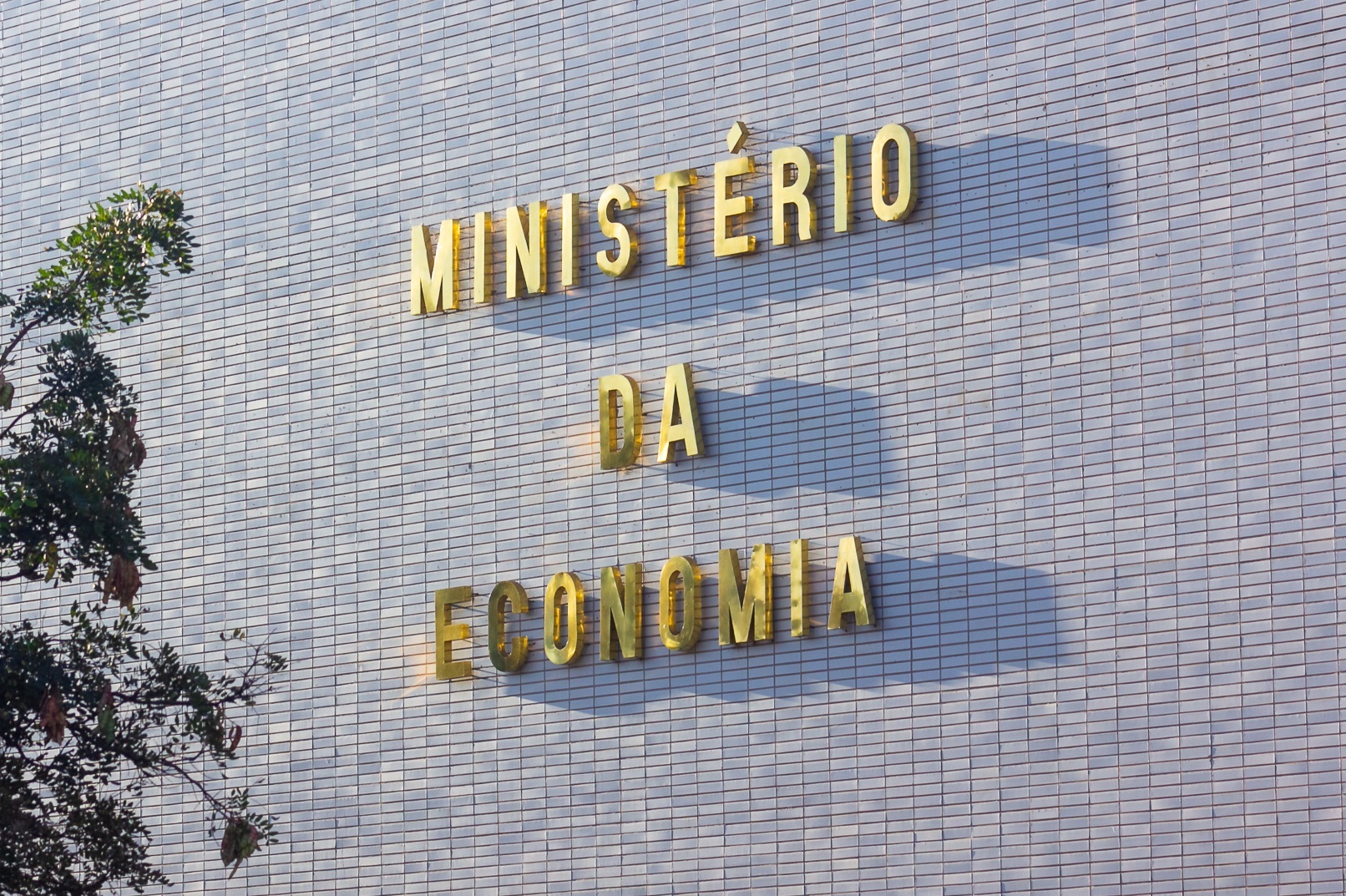By Bernardo Caram
BRASILIA (Reuters) - Brazil's Economy Ministry is mulling a new fiscal rule that would allow government spending to grow above inflation depending on economic growth and the gross debt level, according to a presentation seen by Reuters.
The preliminary proposal would also allow real spending to increase after a recession, regardless of the country's indebtedness. The presentation was shown at a private event at the University of Brasília last Friday by Rogério Boueri, Special Advisor of Economic Studies at the ministry.
Internally, the measure is considered more flexible than the Treasury's idea to make room for more spending if the country is on a favorable public debt path, as it would allow for more expenditures next year.
The Economy Ministry declined to comment.
The constitutional spending cap currently limits public spending growth to the previous year's inflation. A new fiscal rule is being studied to accommodate more social spending.
Under the proposed rule, which would require a constitutional change, public expenses would be allowed to grow above inflation in a year if gross debt, currently at 77.6% of GDP, stood below 80% of GDP in the previous year.
With the gross debt between 60% and 80%, the real growth in expenditure would only happen if the GDP rose by more than 2% the year before. With gross debt below 60%, spending would be permitted if GDP growth was more than 1%.
In either case, spending would be allowed to grow by the previous year's GDP minus 1 percentage point.
Since the government forecasts a 2.7% expansion this year, the new rule would allow public expenditure to rise by 1.7% in real terms in 2023, the equivalent of almost 31 billion reais ($6.02 billion), the presentation indicated.
This would still be insufficient to maintain current monthly spending of 600 reais in aid to low-income families.
($1 = 5.1474 reais)
